RAILYARD OPERATIONS
Norfolk Southern Railway is a major Class I freight railroad operating an extensive network across the eastern United States, with Atlanta serving as a critical operational and technology hub. The company plays a vital role in supporting regional and national supply chains through high-volume freight movement and advanced rail logistics.
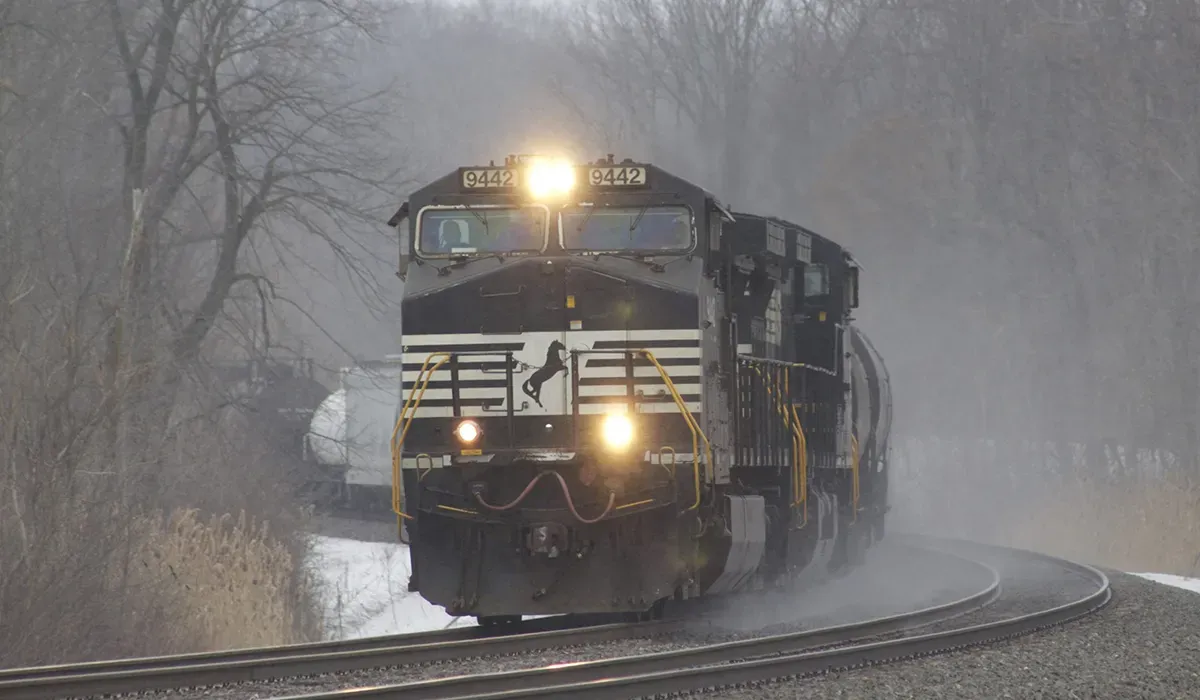
The primary NS railyard in Atlanta is Inman Yard, located northwest of downtown and owned by Norfolk Southern. This facility functions as a central classification and intermodal yard, supporting both local and long-haul freight operations, and is a key node for rail traffic throughout the Southeast.
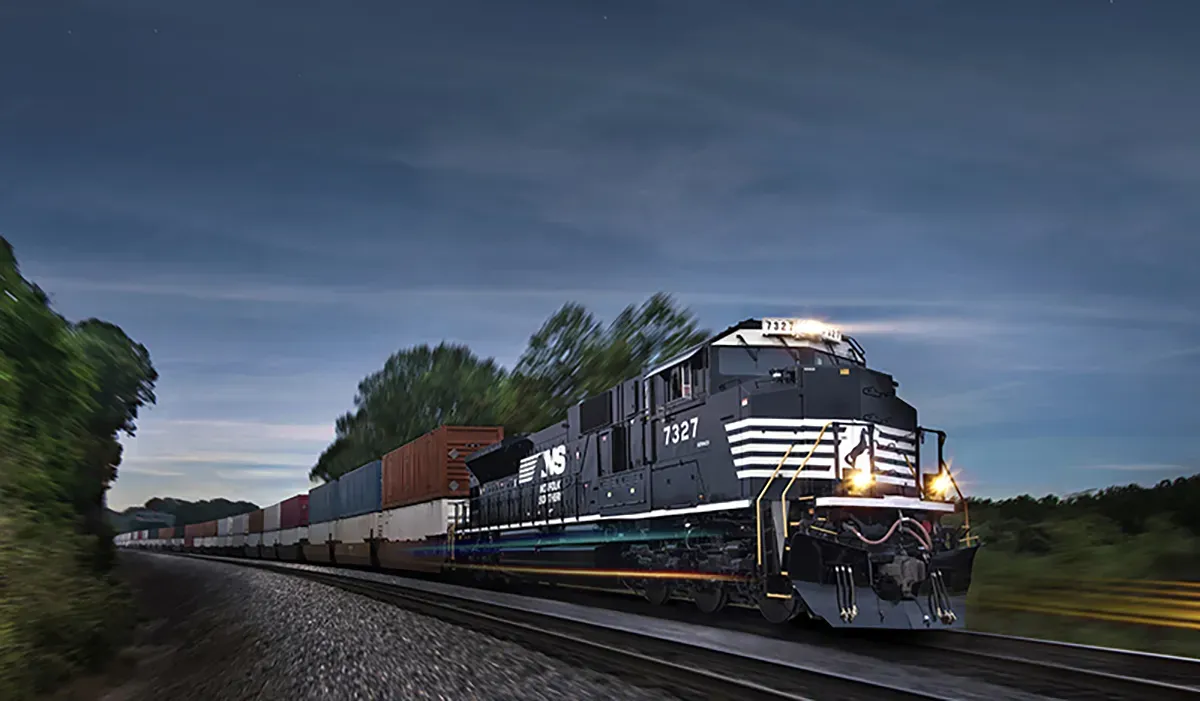
MAJOR CLASSIFICATION YARDS
Inman Yard is a major classification yard with substantial capacity for sorting, assembling, and dispatching freight trains, handling a high volume of railcars daily to support regional and national distribution.
INTERMODAL TERMINALS
The yard includes a large intermodal terminal equipped for efficient container handling, featuring multiple tracks, modern cranes, and lift equipment to transfer containers between trains and trucks for seamless multimodal operations.
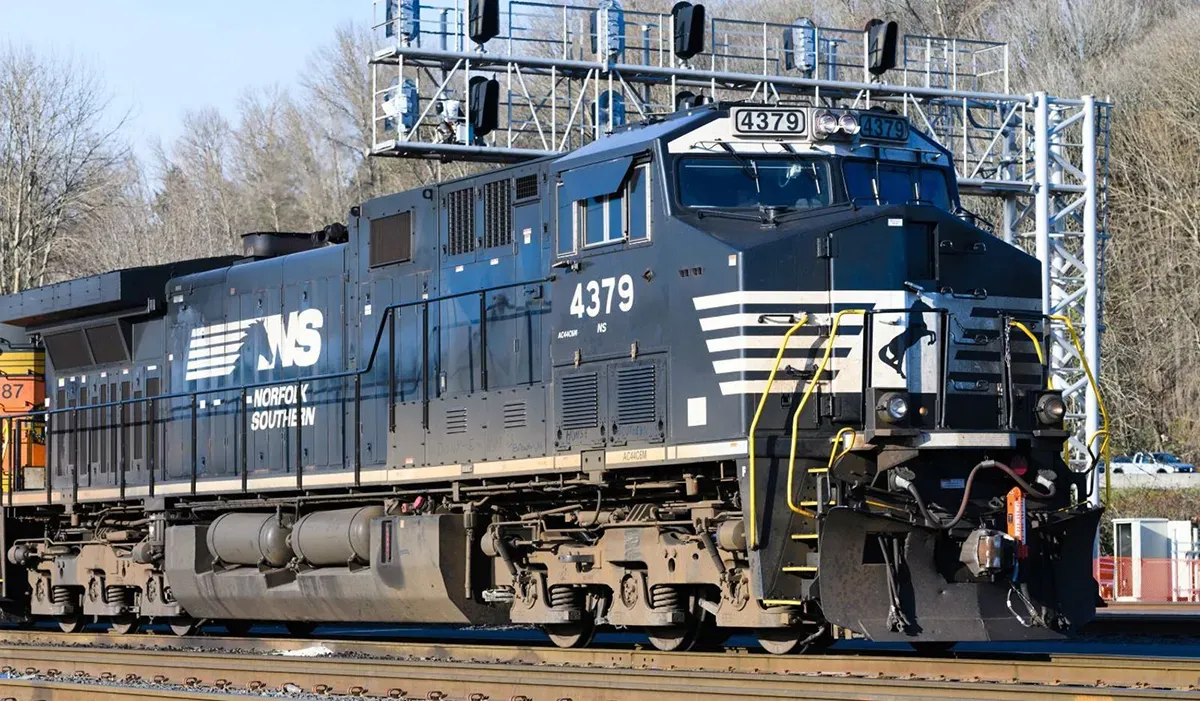
MAJOR RAILYARD FACILITIES
Inbound trains are received on dedicated arrival tracks, where railcars undergo initial inspection for safety and mechanical compliance before being processed for further movement.
Classification operations use multiple tracks and advanced switching systems to sort railcars by destination, enabling efficient train assembly and rapid turnaround for outbound movements.
SPECIALIZED FACILITIES
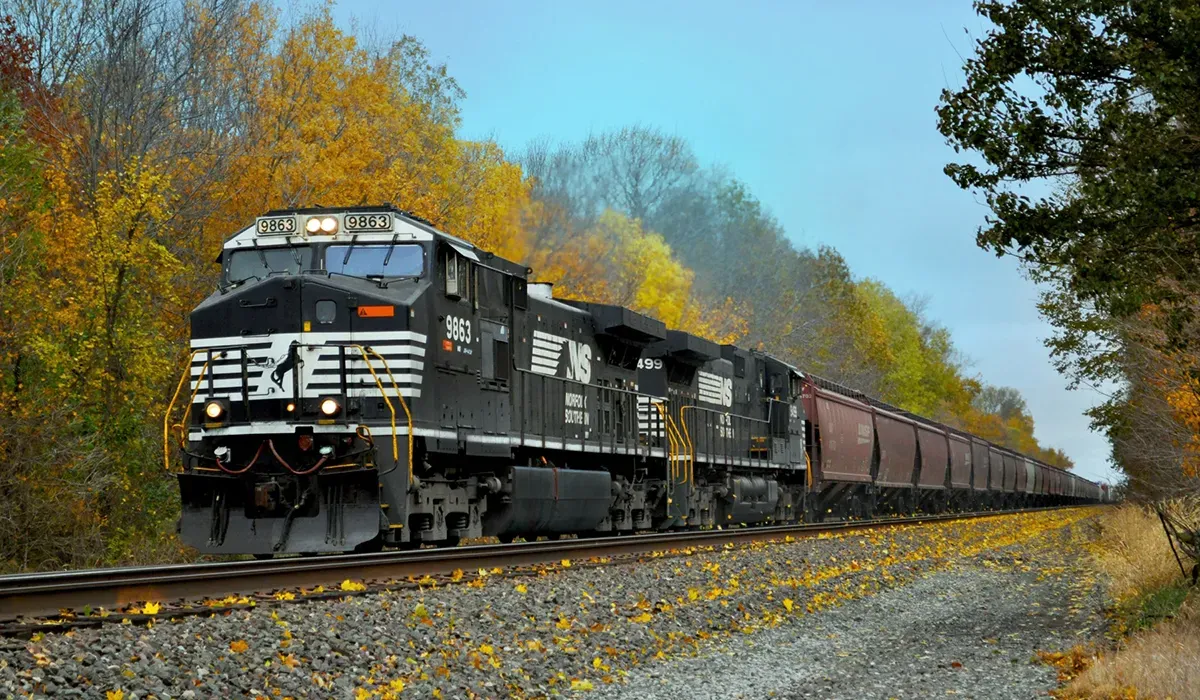
State-of-the-art automotive loading and unloading facilities designed to handle finished vehicles with care and efficiency. Our multilevel loading ramps and specialized equipment ensure safe handling of automobiles throughout the transportation process.
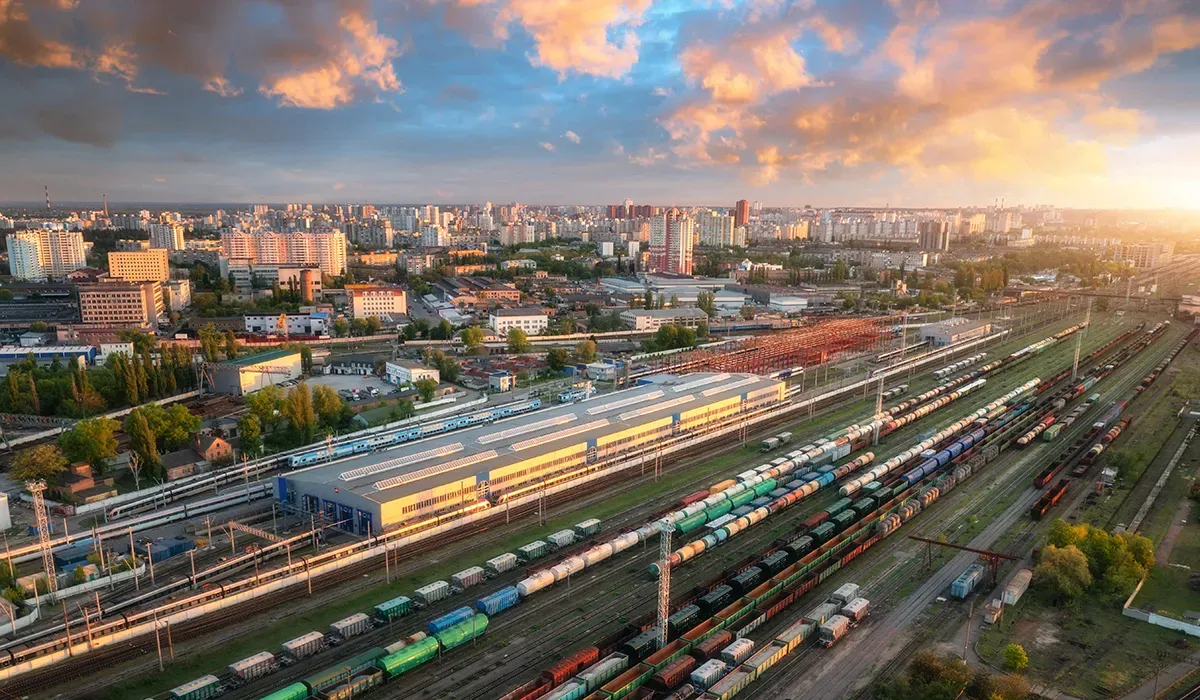
The yard includes on-site maintenance facilities capable of performing routine locomotive servicing, minor repairs, and freight car inspections to ensure equipment reliability and minimize downtime.
TECHNOLOGY & EQUIPMENT
Yard management relies on integrated software platforms for real-time tracking of railcars, inventory management, and efficient scheduling of train movements.
Safety and communication systems include centralized dispatching, automated warning devices, and digital radio networks to coordinate yard activities and ensure compliance with safety protocols.
Gate operations utilize automated processing systems for truck entry and exit, including electronic documentation, security checks, and real-time status updates for shipments.
Storage and stacking operations are managed with modern equipment, allowing for high-density container stacking and efficient retrieval to maximize terminal throughput.
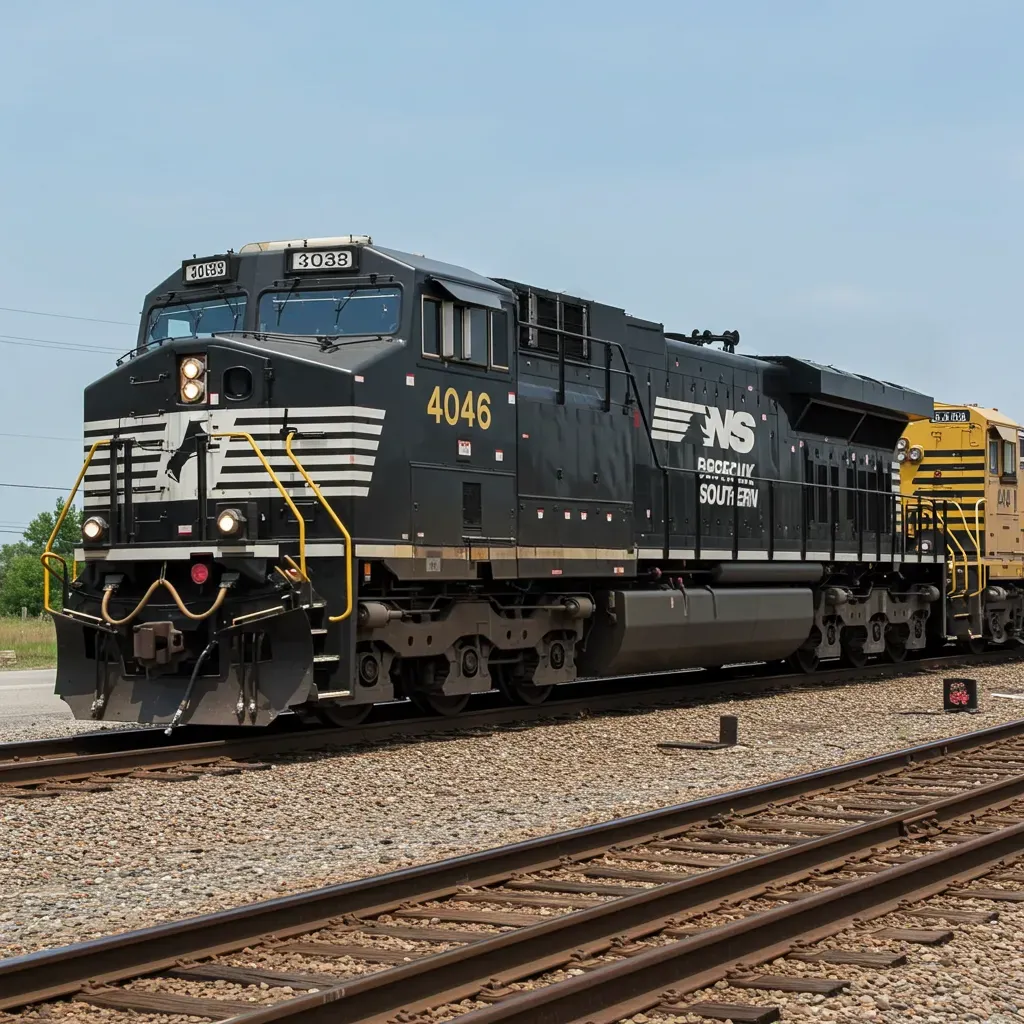
OPERATIONAL METRICS
The facility processes a substantial volume of trains and intermodal units daily, reflecting high throughput and continuous operations to meet customer demand.
Recent infrastructure investments have focused on expanding track capacity, upgrading terminal equipment, and implementing advanced technology systems to enhance operational efficiency and safety.
SPECIALIZED SERVICES

Inspection services are performed in accordance with FRA regulations, including regular mechanical inspections, brake tests, and safety checks for all inbound and outbound equipment.

Transloading capabilities are available for bulk commodities, allowing transfer between railcars and trucks to serve customers without direct rail access.
SAFETY & ENVIRONMENTAL INITIATIVES
Comprehensive safety protocols include employee training, hazard identification programs, and deployment of automated safety systems to reduce risk and ensure regulatory compliance.
Environmental stewardship initiatives include energy-efficient equipment, stormwater management systems, and programs to reduce emissions and promote sustainable operations.
FUTURE DEVELOPMENT